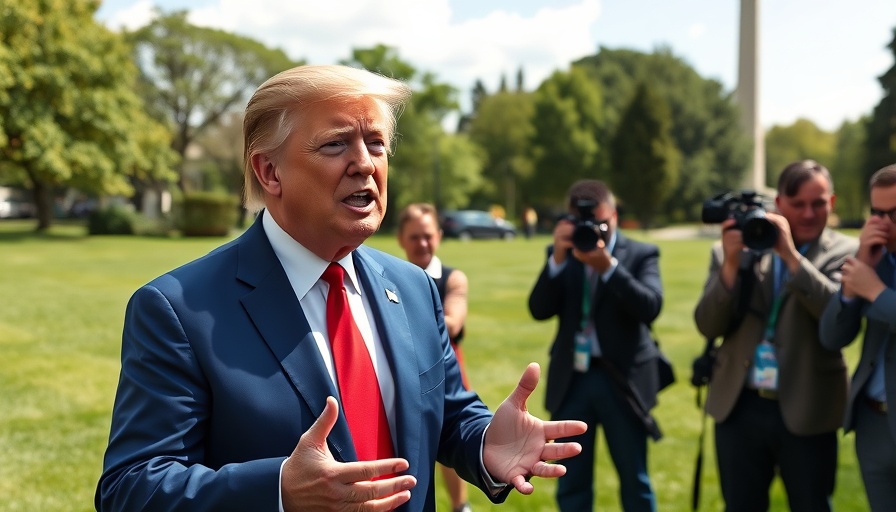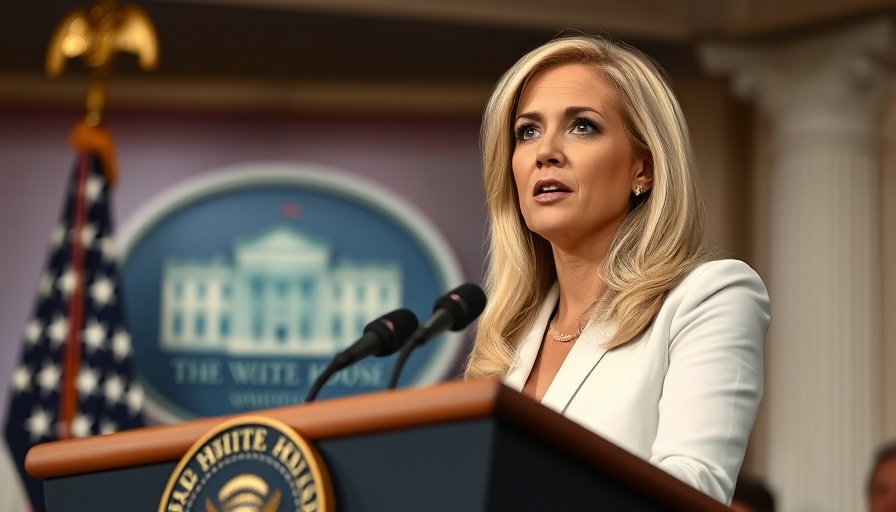
Trump Administration's Controversial Investigation into Harvard
In a move that has sparked headlines and heated debate, the Trump administration announced an investigation into Harvard University and its prestigious Harvard Law Review. This decision comes amidst ongoing tensions between the administration and the Ivy League institution over its diversity, equity, and inclusion (DEI) programs. Allegations suggest that the Harvard Law Review may have been engaging in race-based decisions regarding article selection, prioritizing authors' race over merit.
Notably, this investigation follows the administration's recent freezing of $2.2 billion in federal grants to Harvard. This freeze was triggered by concerns over issues such as antisemitism on campus. Harvard responded by suing the Trump administration, challenging the legality of the grant freeze. The fighting words are indicative of a broader ideological confrontation over how universities should handle diversity and cultural issues.
The Role of Federal Oversight in Academic Freedom
This incident raises significant questions concerning academic freedom and federal oversight in higher education. Investigations by the Departments of Education and Health & Human Services will delve into these allegations, assessing whether practices at the Harvard Law Review violate Title VI of the Civil Rights Act of 1964. The implications of this investigation could set critical precedents for academic institutions nationwide.
For taxpayers, especially those concerned about government spending and grant allocations, this situation highlights potential inefficiencies in the funding of educational institutions that may not align with federal values or taxpayer interests. Many wonder whether scrutinizing university practices represents a necessary check on perceived discrimination or an overreach of federal authority.
What This Means for Taxpayers and Educational Institutions
As taxpayers cannot ignore the hefty sums funneled into prestigious universities like Harvard, the outcomes of these investigations may affect not just academic policies but also the broader financial landscape of education. Are taxpayers subsidizing institutions that prioritize certain ideological beliefs over merit? These are pressing questions that warrant public discourse.
In the coming weeks, as investigations unfold, taxpayers and concerned citizens alike will be keenly observing the developments. This case could become a pivotal moment, sparking further conversations about meritocracy in education versus race-based initiatives aimed at supporting diversity.
 Add Row
Add Row  Add
Add 




Write A Comment